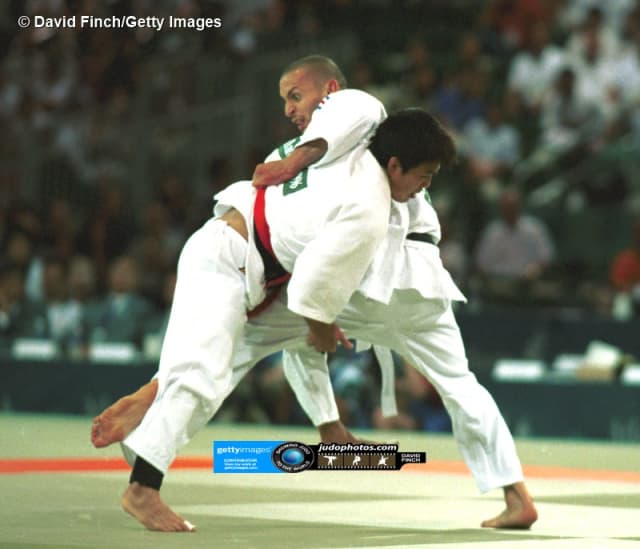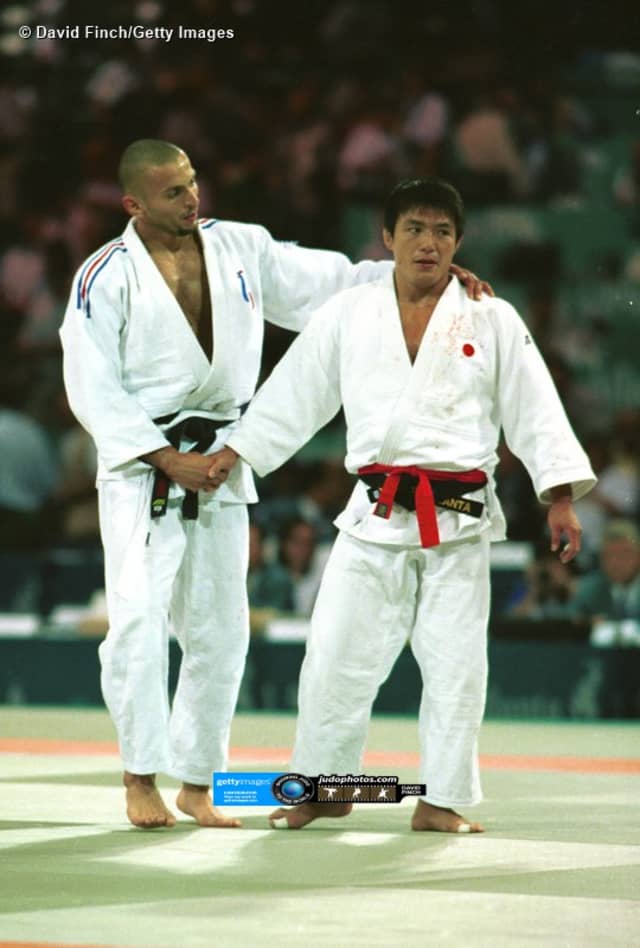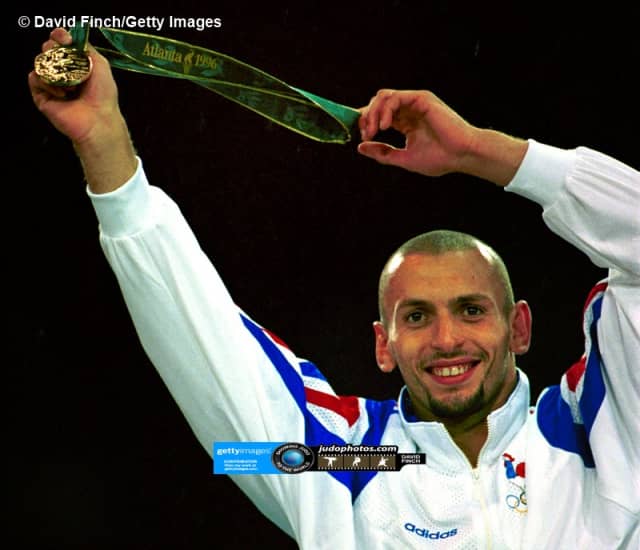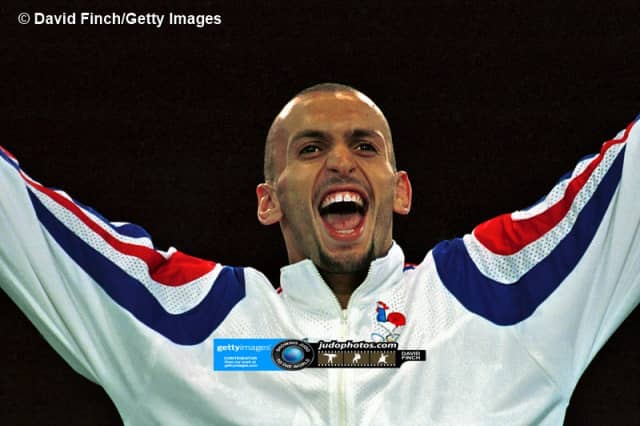We introduced the statistics, the almost impossible feat and the question in our first article in the series, which can be found here:
https://www.ijf.org/news/show/151-olympic-champions-tokyo-to-tokyo
A reminder of the question:
It could be said that to be in the company of an Olympic judo champion is to be presented with someone who has reached an absolute pinnacle, a ceiling which cannot be surpassed; there is nowhere further to ascend in the world of sport. We often find Olympic champions speaking with freedom and certainty, unafraid to share an opinion, speaking of their lives and journeys with confidence. For many we feel there is peace, and that can be magnetic and inspiring.
So the question is, did they become Olympic champion because of that character or did they become that person having won the Olympic gold medal?
“I don’t know if the medal changed my life to be more positive. For me there was spirituality before the medal and this is what has always brought positivity to my life.
I was in Japan in 1993, 3 years before the Olympics. I was not yet 1st in France but was in Japan for a camp. A member of our team, Thierry Harismandy, passed away while we were at the camp, at Tsukuba. We were on our day off and went to a restaurant. He was hit by a car that evening and died. This made me change my mind about some things. I was in my early 20’s and realised that we can die anywhere, that there is no given age for this, so what is life? I started reading a lot and having discussions with spiritual friends. This new way of thinking gave me power. One year later I was number one in France and for the next ten years.”

When it came to the Olympic Games, why you?
“I trained very hard. I came early to all training and stayed one hour after; I was always late to leave. Anecdotally, every new year many others would go out drinking, but me? No! By midnight, I would say happy new year to my family and then go running. In my head I said, ‘Now I make a plus.’ I have a feeling that, that was the difference. Many people from other places didn’t want to train with me but I felt strong when that was the case; I took from it that it must be difficult to train with me.
I lost against Koga in semi in Chiba, at the 1995 World Championships, but that also gave me power and I kept the image of that loss and trained with that always in mind. My coach was Marc Alexandre, also an Olympic champion. He was very strict and after training he gave me pull-ups to do. When he said stop, I always added two more, for Koga."

"I am a stubborn man. I was born in August, I am the lion and I don’t want to lose. I am a little older now but I still don’t want to lose! Actually I am still analysing some of the matches I lost.”
Did the Olympic gold change you?
“It changed my life, I’m sure. Now I am famous in France. I have some character and charisma and the medal gave me opportunities to do modelling or to discuss politics in public. If you are a champion though, you walk a certain way, but is this right? Is it good? We should be humble regardless. I think I am but in truth I don’t know. Maybe this question is for others to answer.
I was born 20 km from Lyon, in a village really, of 20,000 people. I came back from Atlanta and they threw me on TV. The people around me changed but maybe not me. I want people to say hello as they did before, not for me to be treated like something different. Inside me didn’t change because of this medal. It was impossible to change just because of this. I changed what I know and what I experienced but not who I am."

"After I won, I was almost on another planet. If you don’t already love your sport thoroughly though, it’s not possible to sacrifice what must be sacrificed. I was happy with all sacrifices and with the person I was. Many people like judo… ‘like.’ But to be a champion, you must make sacrifices, ones which are only possible if you love it.”


